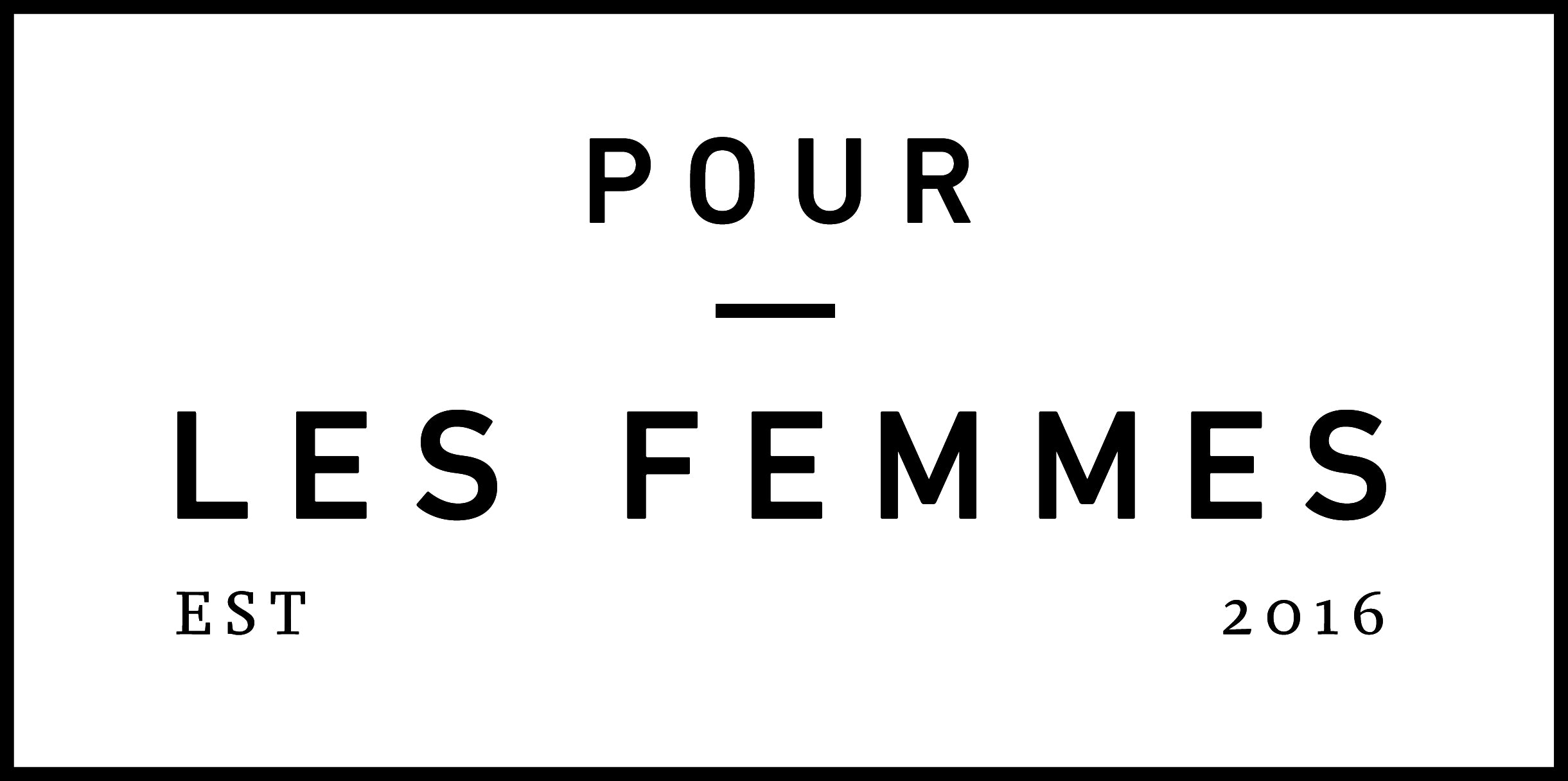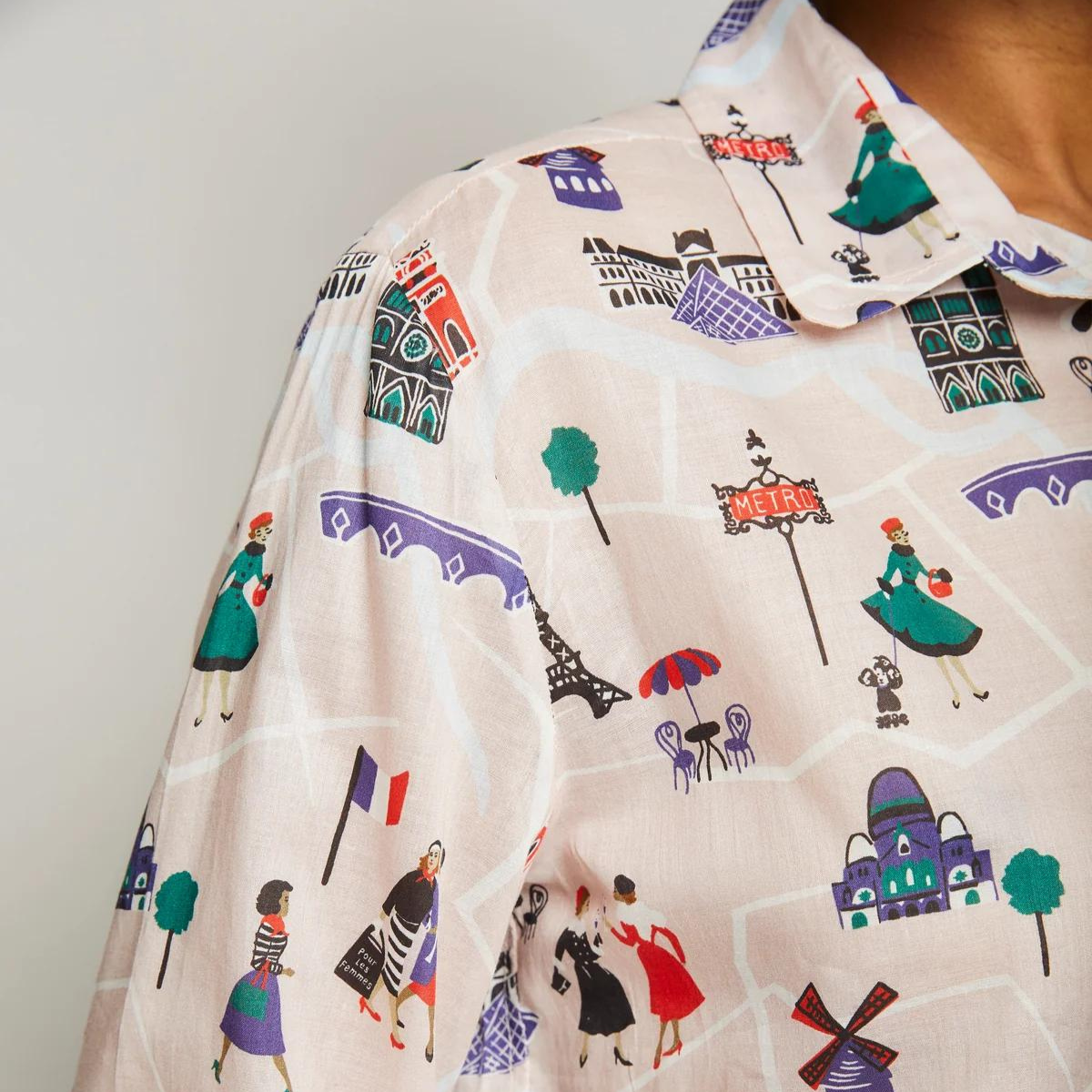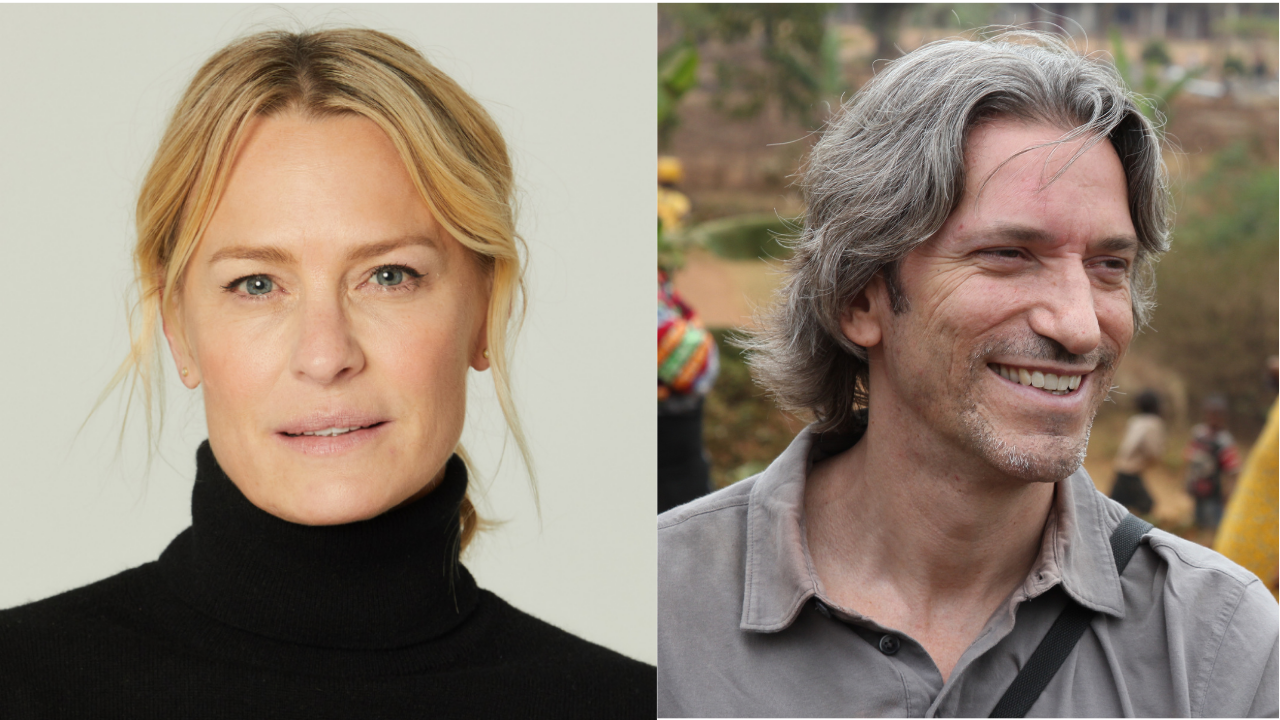Transcript
Robin Wright
Going back I was thinking, god, how long ago did we meet? I met you in 2008 when you introduce the documentary The Greatest Silence, to me, and you educated me about the crisis that was going on in the Congo, and I was completely clueless. So, I just want to start there with you because our theme with our Pillow Talk is basically what keeps you up at night.
John Prendergast
Most of us have heard of the genocide that happened in Rwanda. Rwanda is this very little country right next to Congo. And when that genocide occurred in Rwanda. The people who committed the genocide were driven out of the country and they want to cross the border into Congo. And they set up in camps, right on the right on the border of Congo and Rwanda because they wanted to continue the genocide in Rwanda, but based in Congo, over time, they began to undertake more and more attacks into Rwanda, so there were ones like we, we have to come across the border and attack them and you can only imagine, it just exploded from there. Back in the United States, in Europe and in Asia there was an explosion of demand for a number of electronics products for video games for cell phones, and for laptops, and the electronic components in those products were sourced in large part from Congo. So, suddenly the price of these minerals starts to skyrocket in the global markets, and the ground underneath where the war was being fought in eastern Congo, with all these different factions, suddenly became much much more valuable. So, the Rwandans are like, well, well let's continue fighting the war, but we can pay for this war, if we start organizing and extracting these minerals and smuggling them across the border into Rwanda and pretending like they're from Rwanda and Uganda, eventually. Long story. Eventually a number of countries, jumped into the fray. It became known as Africa's first World War, all being fought on Congo soil and principally using rape as a tool of war, why because it costs nothing. Even a bullet cost money, but if you rape. It is absolutely free means by which you can terrorize your opponent's support base.
Robin Wright
If it wasn't for you I never would have gone to the Congo. And having visited there and talked with these women who were victims of rape. And every time I asked them the question, what do you what do you want, what do you need, and every single one said, We need a voice. And you can be a voice for us you, your country, but then what they said this, they said we want work. We need to work, we don't want handouts, we need to amplify the voice of the crisis that's going on alert the electronics companies Please can you do that and give us work and that's when Pour Les Femmes, our pajama line, decided to collaborate with them, and it's a GiveWork program and these women that are building a capsule collection for Pour Les Femmes, and each time you purchase one of their, like, this is one of their little makeup bags that they make. Belgian linen, beautiful beautiful work that they do! Every time you purchase one of their pieces in our capsule collection it gives a woman, a day of work. And just that kind of turnaround, that kind of optimism and hope that they have, and that they never saw a future for themselves.
John Prendergast
You mentioned how important was that the voices of those women who have strong voices on their own in Congo, but they aren't heard here. So you're basically and you and I and others like us are basically sort of amplification systems we can get a megaphone and take the words and blast them out, and that whole strategy, because when you went, you know, this was the biggest rebel group in all of Africa was in was in that region where you went. It was horrifyingly violent and terrifying and much of the population was displaced, and so it's very very devastating situation. Today that rebel group doesn't exist anymore, because tech companies, governments, banks, others began to hear from that megaphone that there was a problem and they were directly involved in,
Robin Wright
You're the co-founder of The Enough Project, you started that organization, what year and why.?
John Prendergast
Gayle Smith who ended up being President Obama's USA AID, foreign aid director and over the years we worked in different places sometimes together sometimes I believe then eventually at some point we're like, why don't we start our own thing. Let's make it an organization that focuses on everything from good field research on the ground so we understand exactly what's going on so we have experts from the region in the region unearthing evidence of what's happening. And then we get people in Washington and in other capitals who can advocate to governments, to make stronger policies in support of peace and human rights. And then we have a grassroots component where you go to the universities and high schools and get students get revved up about what was happening in the in the region and and build a cadre of people who would care about this for the rest of their lives. And so that's what the Enough Project was and, and over time we became just very quickly we became more and more, we would more and more realize that people are making so much money from conflict. And so it just kept coming back to how much these warlords and these dictators and these rebel leaders were using the natural resources of the country, looting, the beautiful resource of the country for their own gain. But using violence, extreme violence, as the means to extract those resources. And so we eventually evolved, the organization. Now we call it The Sentry, sentry, and we realize we got to focus on that,
Robin Wright
What more can we do as consumers of these electronics, what can we do to help?
John Prendergast
If somebody is going to make money by extracting these resources. And doing it in a way that hurts people or hurts the environment. There needs to be a price to be paid and, in some way for that person or that person's finances. So we've been working very very hard to try to ensure that there are sanctions placed on some of these networks of gold, export companies, and gold processors, and so on our website, you know, you can just go and find out who these people are and there's there's ways to be able to contact them and say, I really, you know, we just don't like what you're doing and telling the telling the US government and other governments play sanctions on these people, make it hard for them to do business, make it hard for them to move their money around, if the money is blood money. So I think those are the ways that really, you got to hit people in their pocketbook. If you're going to change their behavior.
Robin Wright
I wish that you were my high school teacher for every subject. I could sit and listen to you all day, you're such a good storyteller, John. Well, thank you so so much for taking time to do this, I'm glad you're in beautiful nature, and give Sia a big hug and Simian and and I can't wait to meet him.
John Prendergast
As soon as it all ends and stuff like that will come out there and we, I can't wait to introduce you to him.
Robin Wright
Can't wait. Can't wait. I love you so much, buddy.
John Prendergast
Thank you





